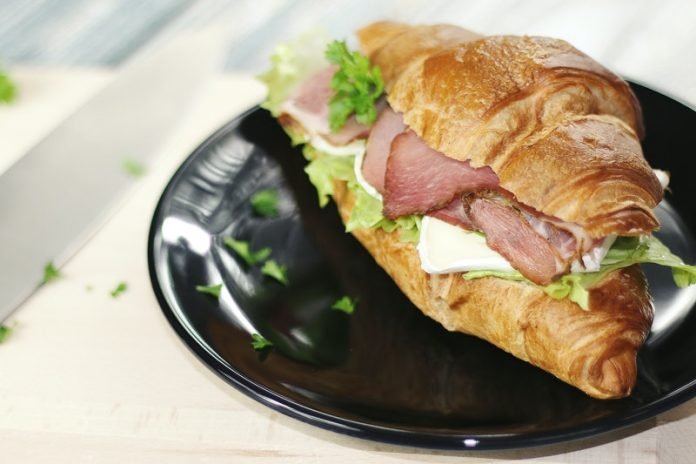
In a recent study published in BMC Medicine, researchers found a direct link between meat and dairy diets and the development of antibodies in the blood that increase cancer risk.
The study is from Tel Aviv University. One author is Dr. Vered Padler-Karavani.
Neu5Gc is a sugar molecule found in the tissues of mammals but not in poultry or fish.
Humans develop antibodies to Neu5Gc in infancy, when they are first exposed to dairy and meat products.
While it is known that these antibodies increase the risk of cancer, especially colorectal cancer, no direct link had been found between the antibodies and meat and dairy consumption.
In the study, the researchers used samples from an extensive national nutritional survey conducted in France.
They measured the amount of Neu5Gc sugar in a variety of dairy and meat foods common in the French diet and calculated the daily Neu5Gc intake of 19,621 adults aged 18 and over, who reported all of their food intakes online over a period of several days.
The research team then took a representative sample of 120 participants and tested the levels of the anti-Neu5Gc antibodies in their blood.
Based on these findings, they created an index called the Gcemic index.
This index ranks foods whose excessive consumption can lead to an increase in antibodies—and possibly to an increase in the risk of cancer.
The team found a strong link between high consumption of Neu5Gc from red meat and cheeses and increased antibodies that heighten the risk of cancer.
The findings are in line with previous results that unhealthy habits can cause many cancers, and healthy foods may help prevent or slow cancer growth.
They say that this method allowed them to predict that people who eat a lot of red meat and cheese will develop high levels and a different variety of antibodies, and therefore may be at higher risk for cancer—especially colorectal cancer, but other cancers as well.
Copyright © 2021 Knowridge Science Report. All rights reserved.



